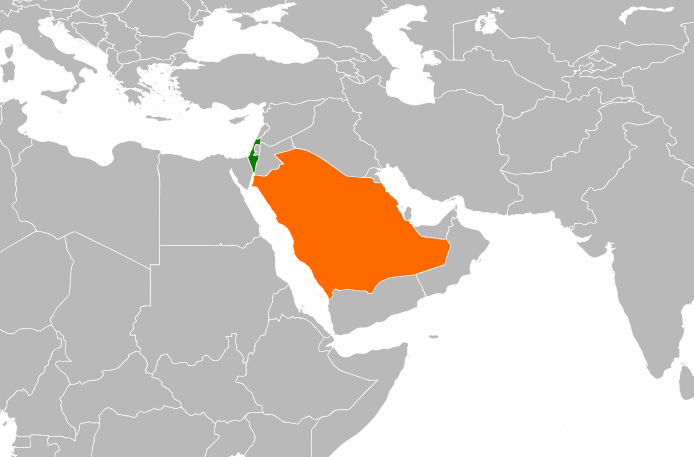Issue 69: Much Ado About Normalization?
Some selected readings on the prospect of Israel-Saudi peace
I spent the better part of the past month either on holiday or working on my dissertation, so I’m going to keep this week’s newsletter short and to the point. It is difficult to ignore the headlines that have been swirling around the possibility of normalization between Israel and Saudi Arabia. I obliquely referenced this development in my previous newsletter on the protests against the Netanyahu government. The story has gathered steam and is now a major talking point in the foreign policy community.
As is always the case in international affairs, context matters. In the case of Israel-Saudi Arabia normalization, this means evaluating at minimum the domestic political and economic context of Israel, Saudi Arabia, the United States (the primary mediator), as well as the geopolitical context in the Middle East and global politics and great power competition as well. Each of these lenses of analysis reveal different sets of motivations and interests, some more determinative than others.
Who knows whether this will be realized and when. What isn’t up for debate is that the mere discussion of this subject - for decades a distant pipe dream - is influencing the domestic political circumstances within these three respective countries and causing a ripple event around the region, including but not limited to the Palestinian Authority, Jordan, Egypt, Iran, the UAE, and (many) others.
I want to feature some authors who are tackling some of the core elements around the possibility of Israel-Saudi normalization:
News of normalization didn’t come out of nowhere. In order to understand the background behind the recent headlines, I strongly recommend reading Dr. Michal Yaari’s 2018 report for the Mitvim Institute that details the gradual warming of ties between Jerusalem and Riyadh since 2011.
Hussein Ibish, Senior Resident Scholar at the Arab Gulf States Institute in Washington, outlines the obstacles that each of the three parties - Saudi, US, and Israeli - face in trying to get a deal done. There is more heavy lifting on the part of Riyadh and Washington, he illustrates, and as evidenced by recent stories about the White House’s efforts to explain its position to Democrats it is worth asking whether the domestic price Biden would have to pay during an election campaign would be worth all the effort.
Dalia Dassa Kaye, a senior fellow at the UCLA Burkle Center for International Relations, cautions against the deal and argues that under the current circumstances it would not genuinely advance Middle East peace.
I hope you find this edition’s content engaging. Please feel free share this newsletter with others. And if you complete disagree with me, reach out! Let’s talk about it.
-Gabi




